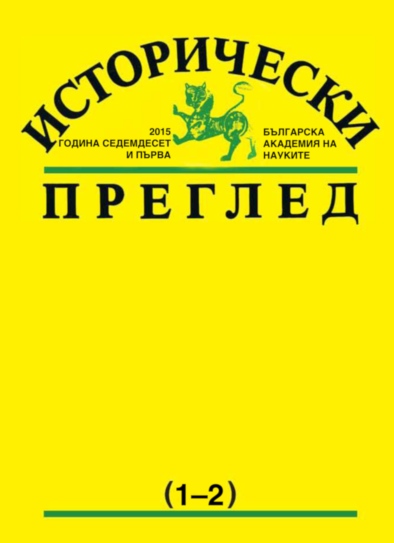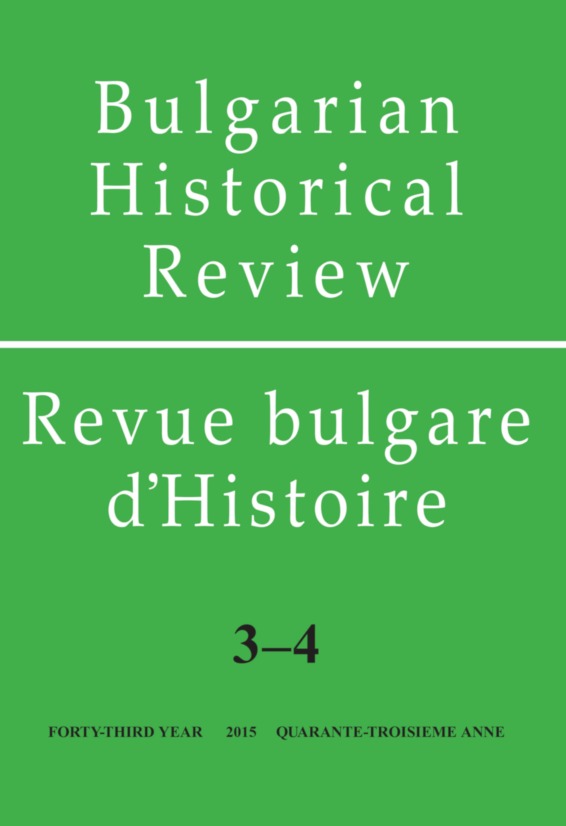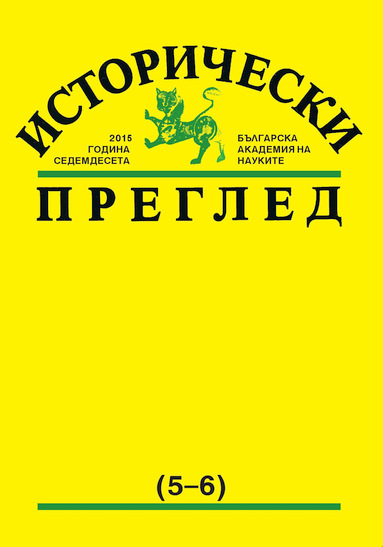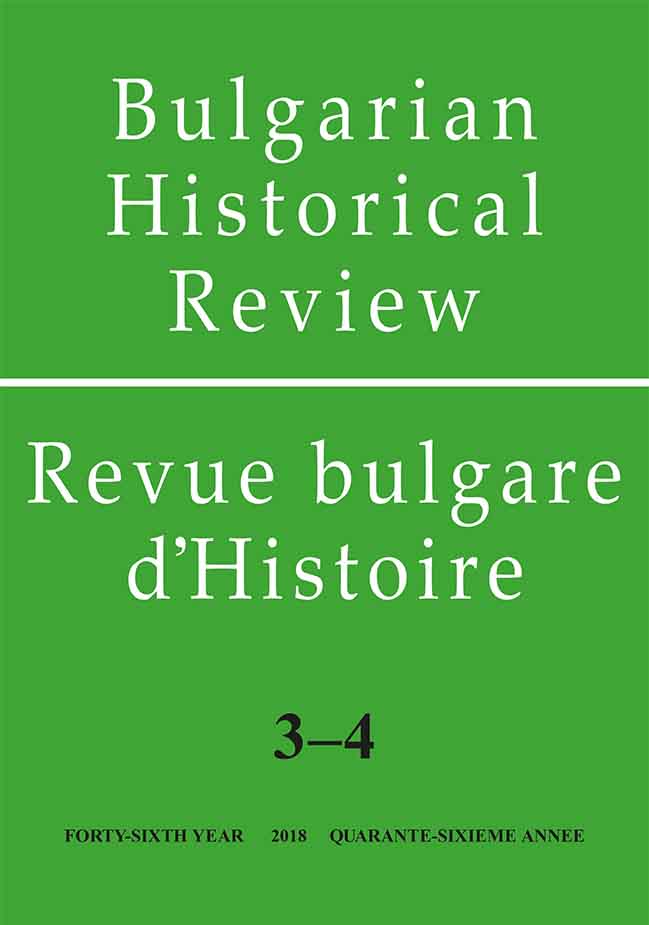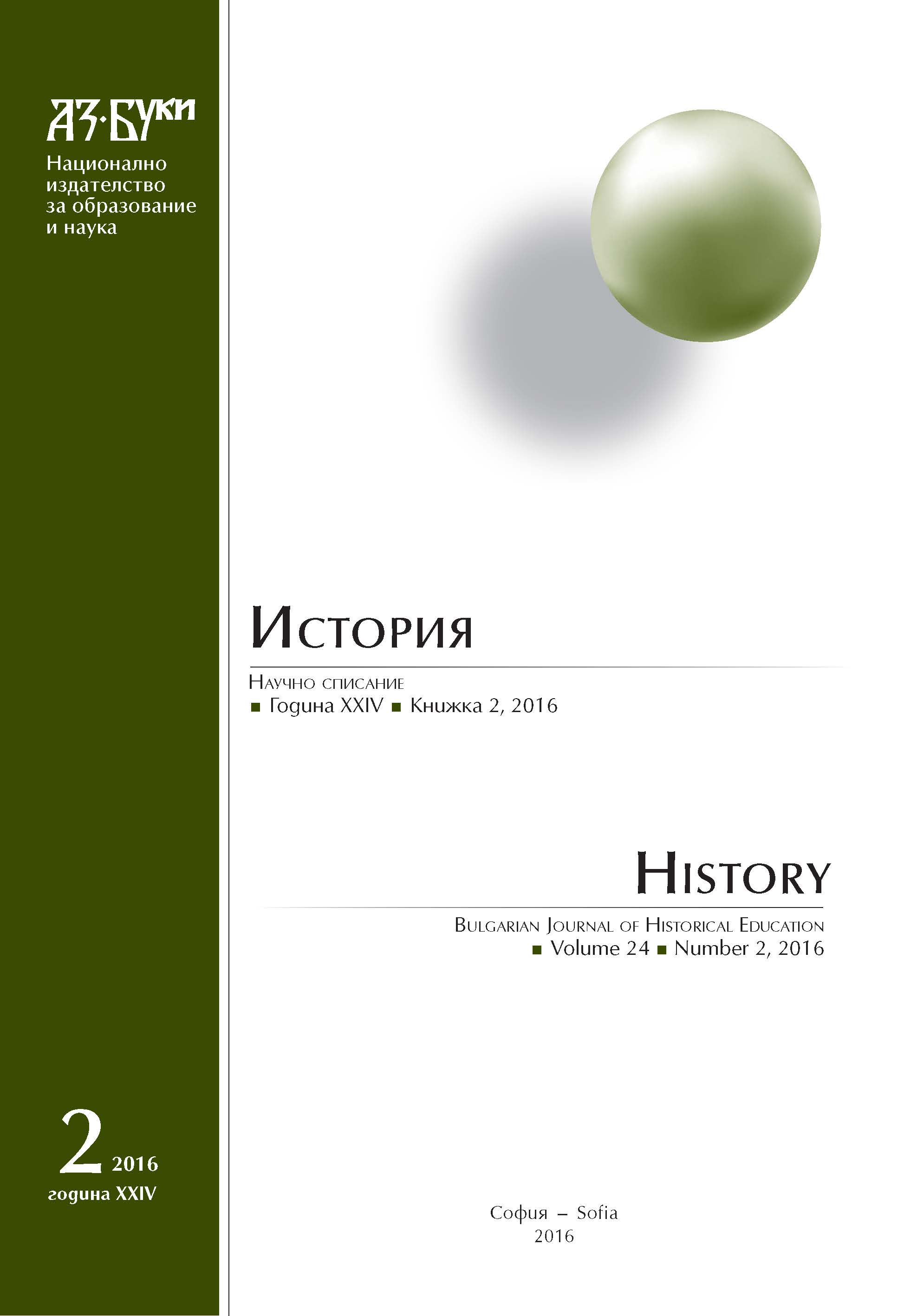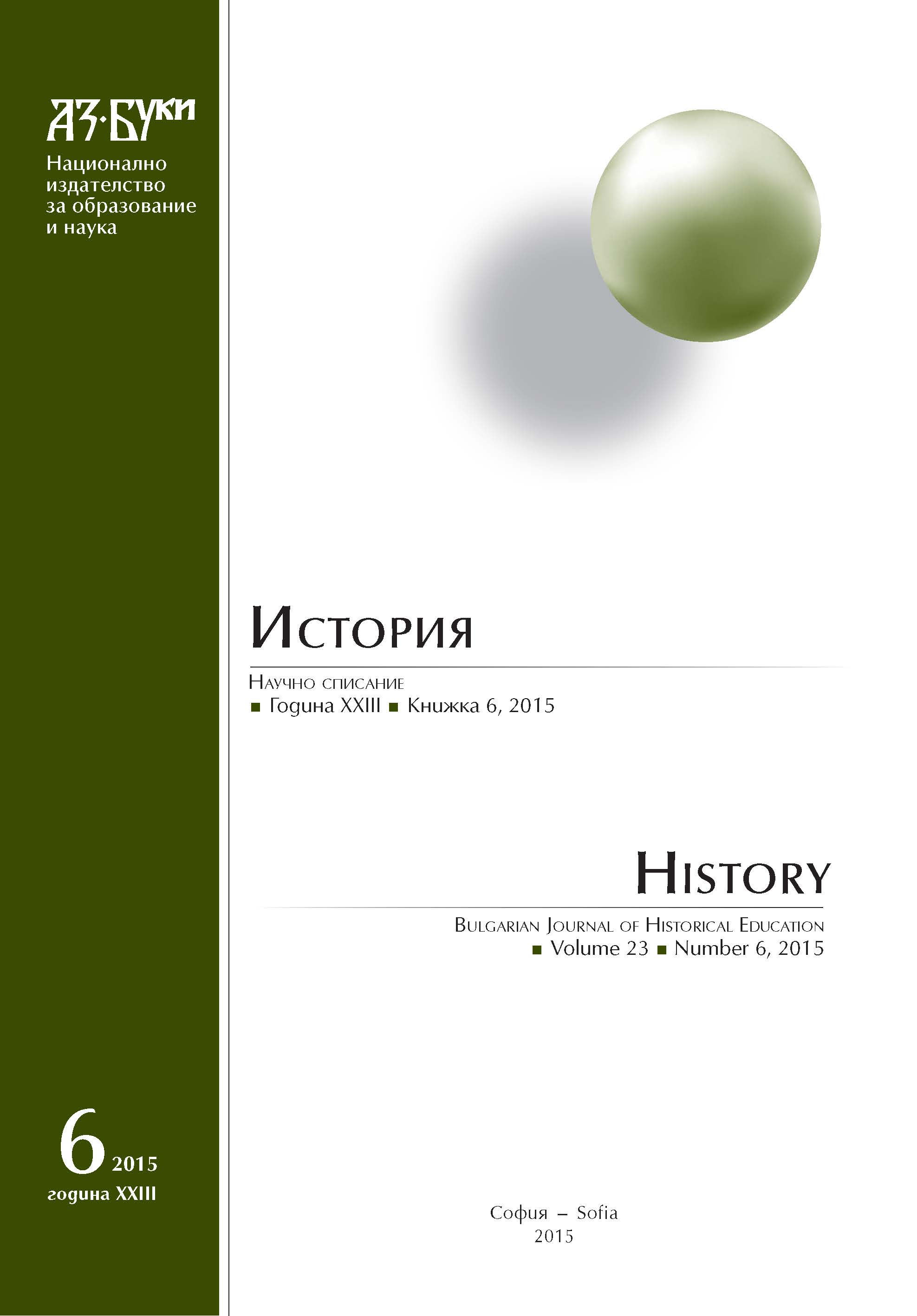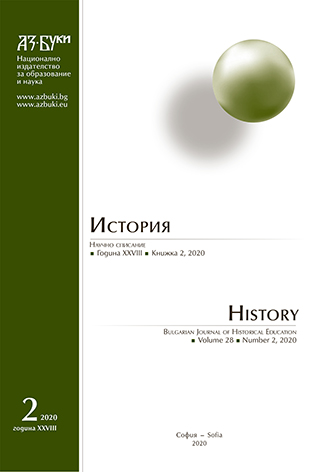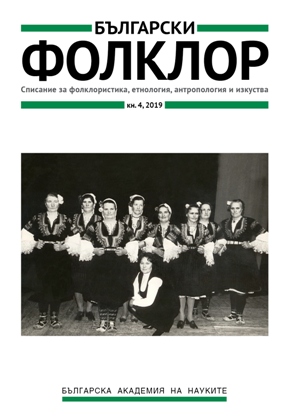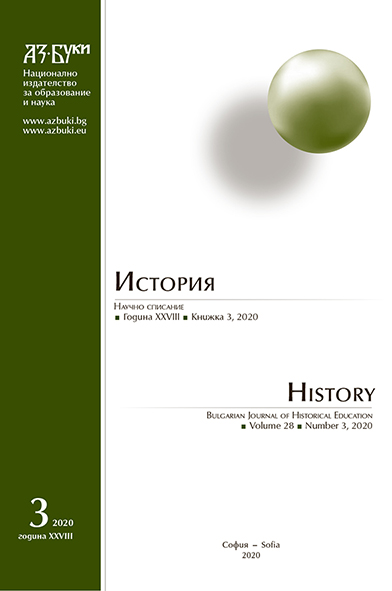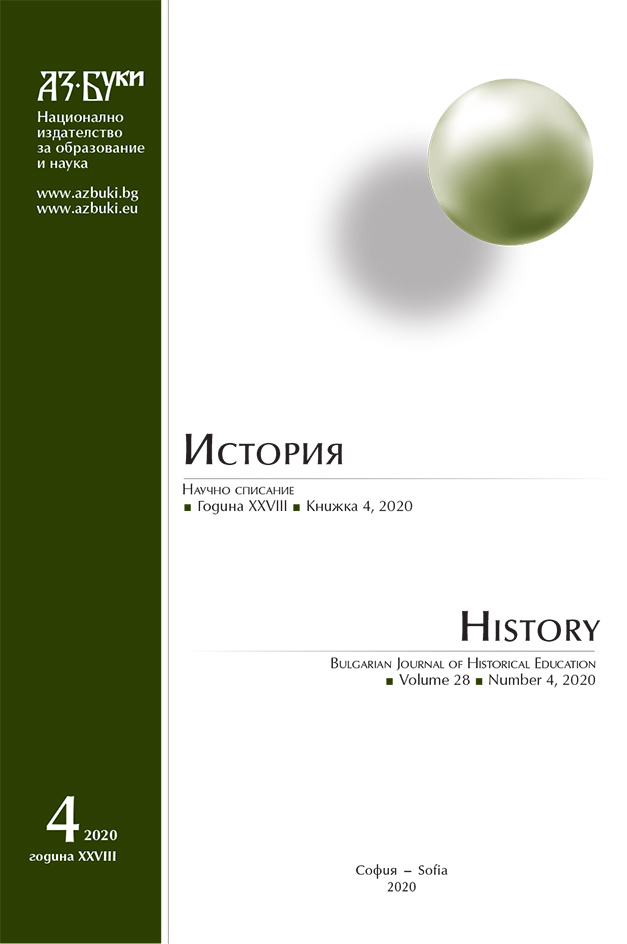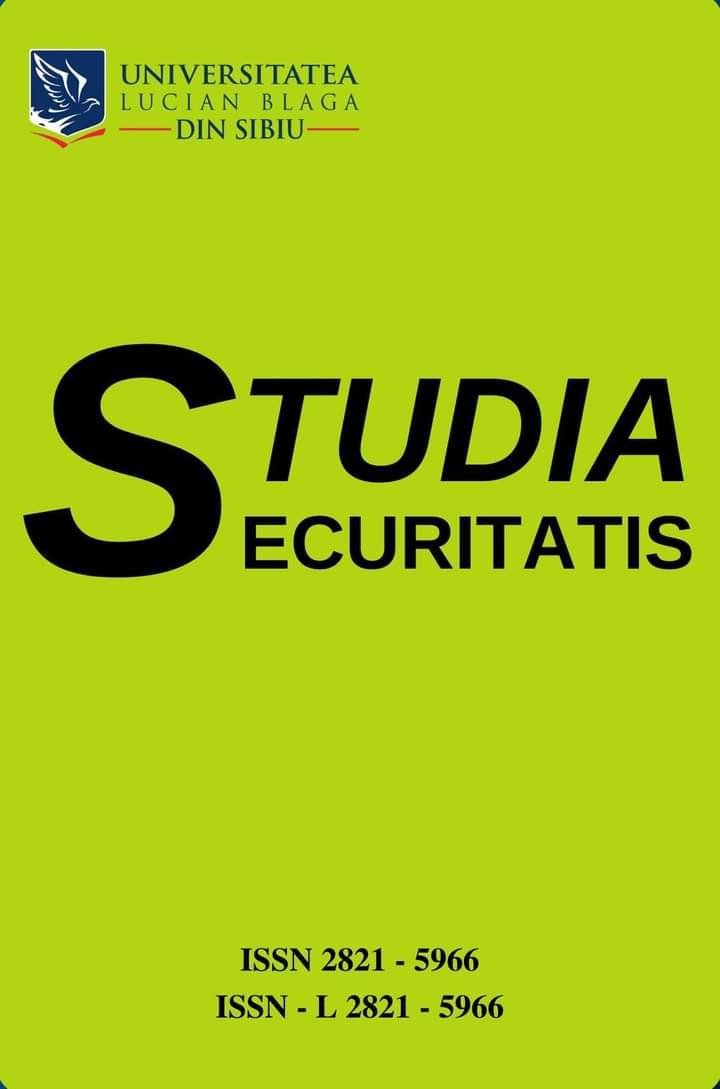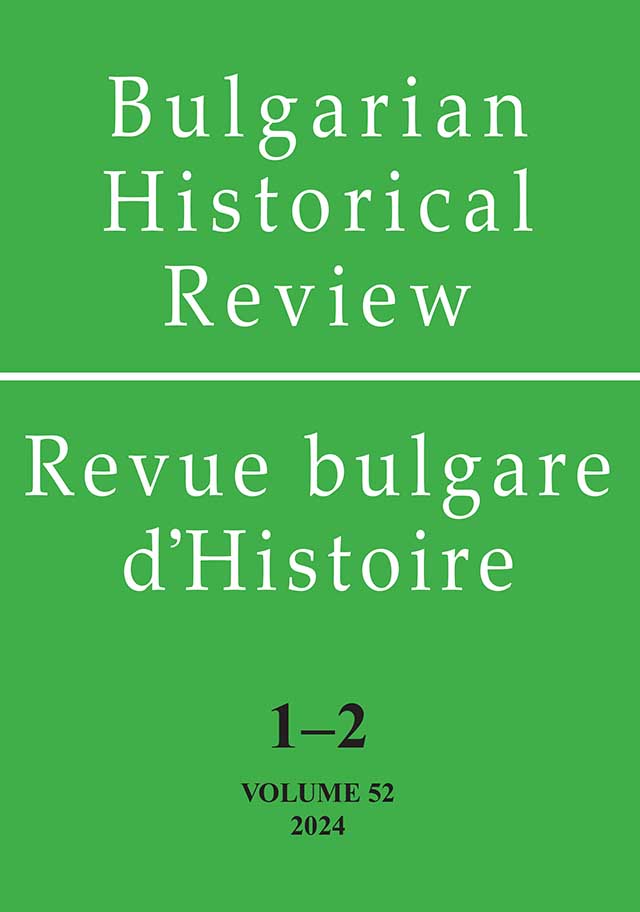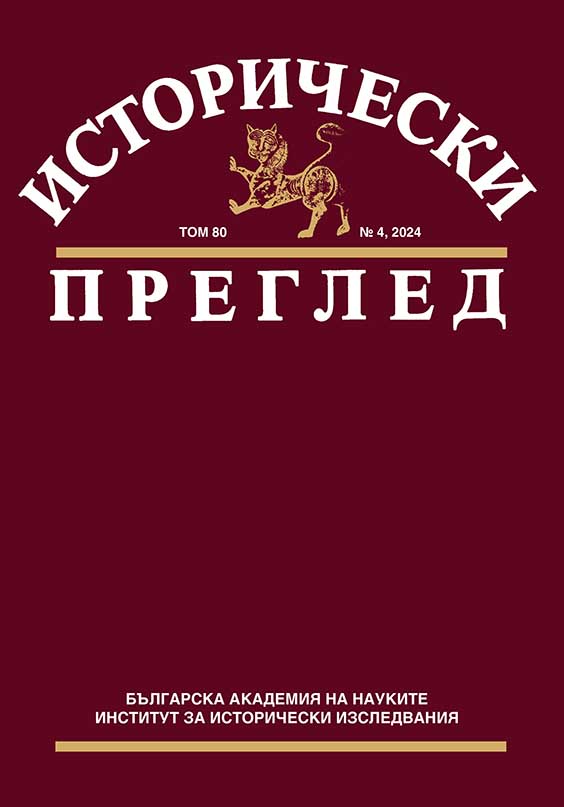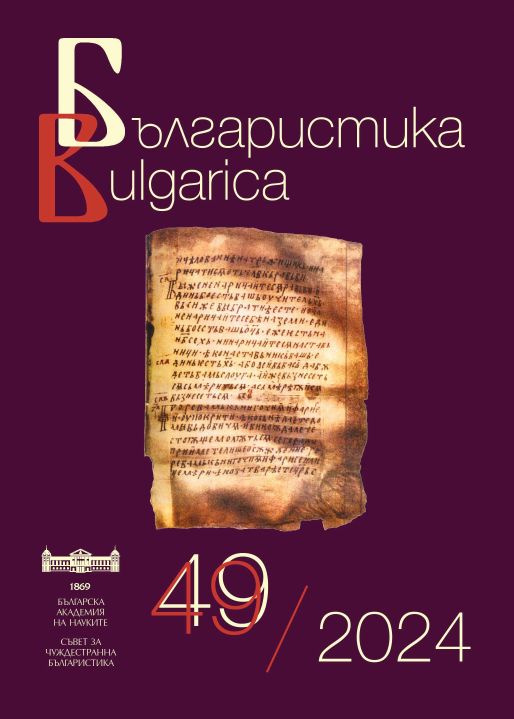Author(s): Marianna Bobková / Language(s): Slovak
Issue: 2/2016
The thesis deals with selected factors that were influencing the development of employees´ number of Eastern Slovakia Steel factory. The company, today under the name United States Steel Corporation, is situated in Košice, the second largest city of Slovakia, with more than 240,000 citizens. However, during the 1950s the city had approximately 60,000 citizens only, but the census of 1980 recorded in excess 200,000 citizens. For reasons that in the second half of the 20th century, the population increased fourfold which could not be caused by the natural population growth only, it is appropriate to focus on the causes during that particular historical period. The years from 1948 to 1989 are characterized by strong influence of totalitarian regime and government interference in both economic as well as social life of citizens. Above all the interests of the Union of Soviet Socialist Republics had to be respected, which was reflected also in the type of industrialization and its focus on the Cold War development. In The Czechoslovak Republic the idea of increased industrialization was enforced on the territory of today’s Slovakia. One of the plans was the industrialization of population-rich, but economically declining eastern Slovakia. Košice represented a strategic centre of the eastern part of the republic, in which the construction of industrial enterprises was supposed to be carried out and which impacted on the population. The construction of Eastern Slovakia Steel factory started in 1960. The factory was supposed to provide the biggest number of job opportunities not only in the Košice city, but also in the nearby districts, which led to migration of the population. Therefore, this thesis focuses on depiction of the relation between industrialization and the physical movement of people. There are two types of recruitment actions and activities for gaining workers described in this article. Through numerical data recorded in charts and graphs the rate of recruitment percentage together with explanation of causes stated in reports is highlighted. Additionally, propaganda activities which played a significant role in appealing to public are also depicted. Articles in newspapers and company brochures were supposed to be in favour of gaining persons into employment for metallurgical factory. The article offers opportunities for better understanding of the mutual relation and influence between political system, industrialization and the society. The intention here was the systematization of statistical data that may represent resource for further research in the field of development of Košice, the growth of the population and the total transformation of the city. Furthermore, to provide a resource for the llustration of the nature of political, economic and social changes of the given time period.
More...

